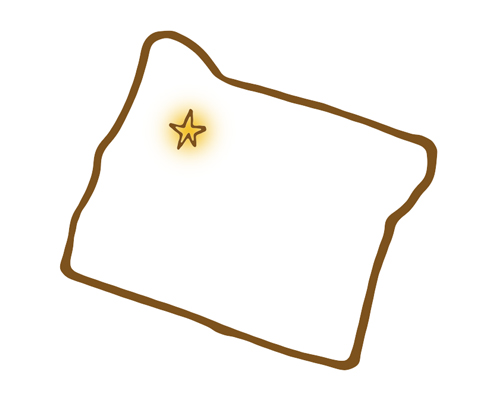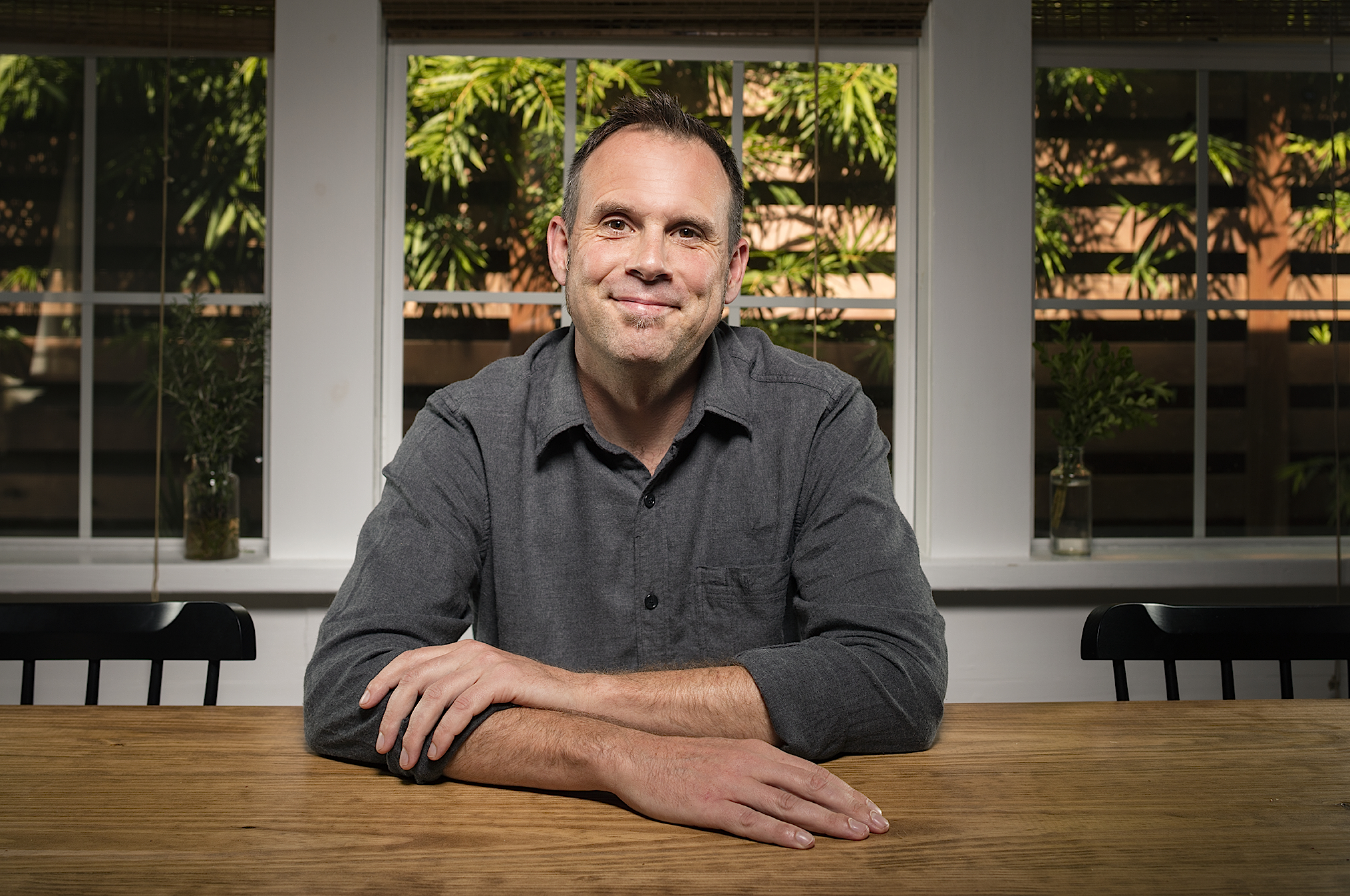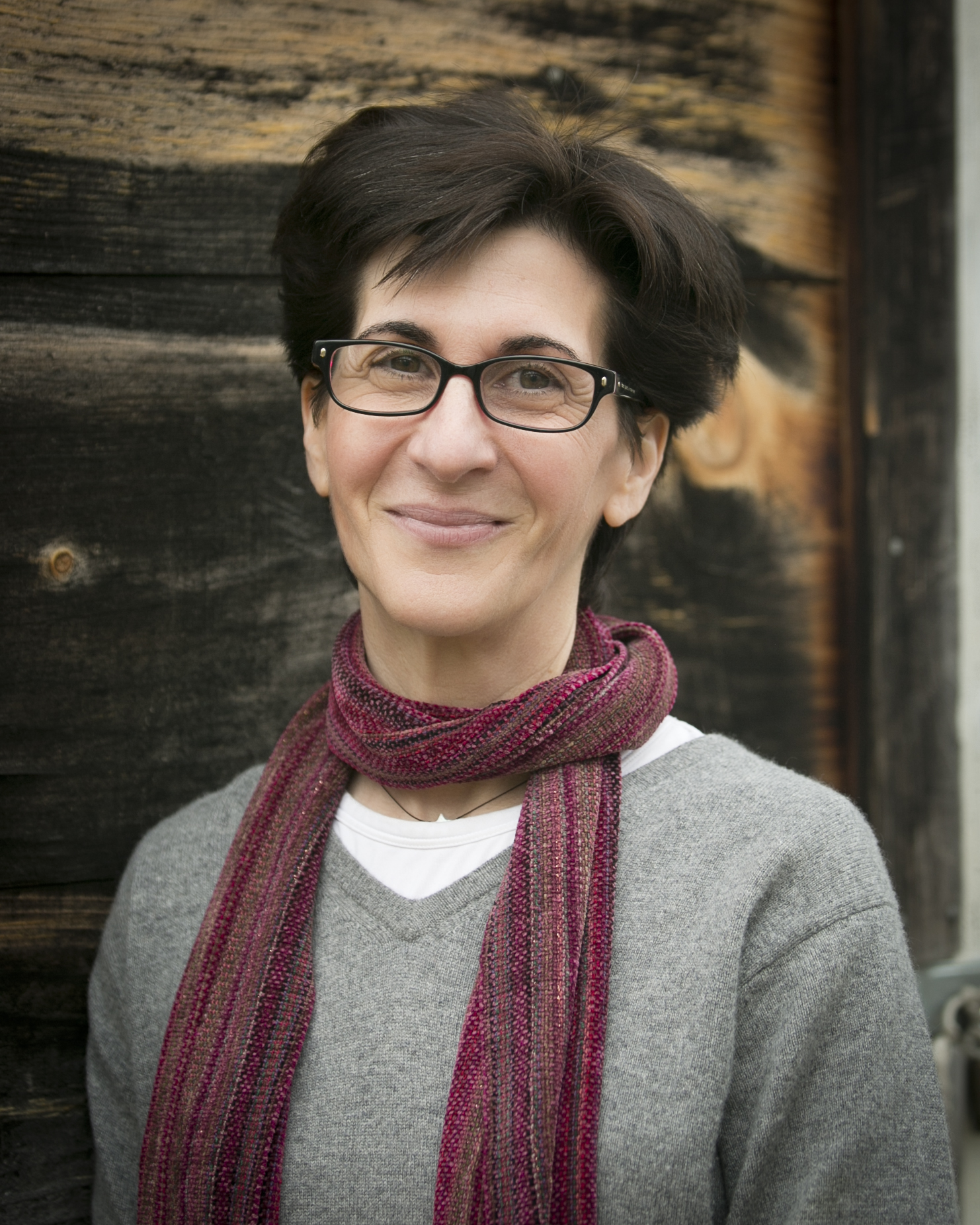FIFTY Study Page: Oregon ” We Will Vote”
It is the final stretch for Meriwether Lewis and William Clark in their cross-continental exploration of the Louisiana Purchase. Morale and rations are low, and a decision needs to be made — should they stay put on the north shore of the Columbia River, travel west along the river, or cross the river to the south shore? Each of the choices has benefits and challenges, and Meriwether Lewis isn’t sure which to choose — that is, until he proposes that every member of the party vote.
Oregon History
- History of the Lewis and Clark Expedition
- Biography of Meriwether Lewis, William Clark, Sacagawea, and York
- History of the Louisiana Purchase
Oregon Geography
- Map of Lewis and Clark’s route to Oregon
- Map of final weeks of the journey along Columbia River
- Map of the mouth of Columbia river and establishment of Fort Clatsop
“We will vote” Study Topics
- Voting in America and how it changed and expanded over the years
- Leadership styles – comparing Lewis, Clark, Sacagawea and other leaders
Topics for Reflection
From a Child Development Perspective:
In this story, your child might learn that:
Even those who have been acknowledged for great accomplishments in history are human beings with the same range of emotions that those of us “less famous” have.It does not matter how famous a person is, either historically or contemporarily, they are people, just like the rest of us. Lewis Meriwether, of the famous Lewis and Clark, was recruited by President Thomas Jefferson to accomplish an expedition of vast scale and great ambition, but even he struggled with the weightiness of exhaustion and discouragement.
No one, not a single one of us, accomplishes anything alone. Meriwether Lewis knew that he needed help on the expedition, and so he asked to partner with Commander William Clark. Captain Clark, although a confident leader himself, knew that he too needed support.He agreed to participate in the expedition only if his companion, York, could accompany him.
When we work in true partnership with others, we combine our strengths, which benefits all. Both Clark and Lewis brought different capacities to the Corps of Discovery and both of their strengths were required for the success of the expedition.
“But as far as our company is concerned,” Lewis confided to Clark, “We shall be equals – both Captains with equal power.
This proved to be a very wise decision, as it turned out – because While Lewis felt the full burden of responsibility, Clark focused his attention on leading.While Lewis worried about fulfilling Jefferson’s goals, Clark concerned himself with the survival and health of the company.While Lewis prioritized capturing, studying and sending samples of plants and animals to President Jefferson, Clark prioritized morale, proper food and rest – and discipline if needed among the Corps company.It was Lewis who made sure border and property agreements were in place with Native American leaders, while it was Clark who saw the need for quality guides, reliable boatmen and steadfast hunters.In short, Meriwether Lewis held the expectations of President Jefferson while Clark held the needs of the company.
Help comes to us in unexpected ways. In spite of Lewis’ and Clark’s abilities and shared leadership, it turned out that the most valuable member of their crew was Sacagawea, a young Shoshone woman:
In fact the most valuable person in their company turned out to be a young Shoshone woman, named Sacagawea, who had not only translated for them, but her quick thinking saved their supplies and lives several times along the way.It was she that fished out all of Lewis’s scientific notes from an overturned canoe – and it was her presence that calmed suspicious parties of Mandan, Salish and Nez Pierce Native Americans.
In life, sometimes we are forced to make decisions where there is no perfect outcome. At such times, we may need to choose the option that satisfies the most, even if not everyone will get what they want and many need to compromise. At such times, it often wisest to take a vote. When we vote, the majority outcome is the victorious one, this at the heart of American Democracy. And this was just what Lewis proposed that the company should do; vote, when there was no ideal option in proceeding with the expedition.
When we vote, everyone’s voice is considered equally. In such a way, everyone might not get their first choice, but if we do what is right for the will of the majority, then perhaps we can let go of our personal preference and do what is best for all. In the Corp of Discovery, sergeants and soldiers and privates, the leaders and the lower rank lower ranking officers, each took equal responsibility.
It is not just in the vote where ideally everyone has equal voice.Written into the doctrine that defines the identity of the United States, The Declaration of Independence, which was penned by Thomas Jefferson, all “are created equal”.In our story Meriwether Lewis and William Clark model of this by giving equal respect to a woman and a slave, neither of which would otherwise been honored as partners at that time in history.
And so it was decided.With everyone – all men and women counted – in agreement, they set to work.There were materials to gather – there was food to catch and salt – there were canoes to hollow out – and all of it would be done by the men and women of the Corps of Discovery – a company where every person had an equal say – accepting equal risk and reward … of the successful winter and then voyage home … that lay ahead.
Not yet a subscriber? Try a free trial HERE.
About the authors
-

David Sewell McCann
Story SpinnerDavid Sewell McCann fell in love with spinning stories in first grade – the day a storyteller came to his class and captured his mind and imagination. He has been engaged in storytelling all of his adult life through painting, film-making, teaching and performing. Out of his experience as a Waldorf elementary class teacher and parent, he has developed a four step method of intuitive storytelling, which he now shares through workshops and through this website.
-

Meredith Markow
Sparkle Schoolhouse Head of SchoolMeredith has been working with adults and children of all ages for the past 25 years as a Waldorf Teacher and Educational Consultant. She received a B.A. with a focus on child development and child psychology from the University of Michigan, in 1984, an M.A. Ed from Washington University in 1987, and her Waldorf Teaching Certificate from the Lehrerausbildung (Teacher Training) in Nurnberg, Germany in 1989. She was certified as a Living Inquiries Facilitator in 2014, and she completed her formal teaching certification with The Enneagram Institute in 2014. Her work in the classroom and with individuals and groups is designed to help people of all ages to drop self-limiting beliefs to live a more joyful and compassionate life.



